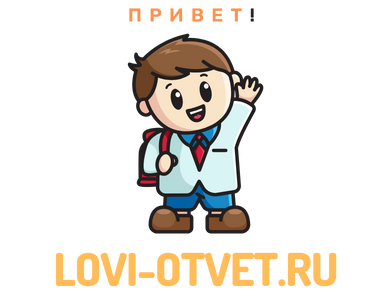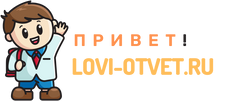Exercise 18. Find English equivalents for the following words and phrases in the texts: in a broad sense, acquire skills, gain knowledge about oneself, useful scheme, methods of learning, formal, informal, everyday life, for example, by listening, making an effort, with good manners, ride a bike, make a phone call, on their own initiative, bookshop, pass exams, in most countries, early childhood, who is responsible (doesnt take responsibility).
Пошаговый ответ:
Answer:
1. in a broad sense — generally or broadly speaking
Example: In a broad sense, education is the process of acquiring knowledge and skills.
2. acquire skills — learn or develop skills
Example: By participating in various activities, students can acquire skills that are valuable for their future careers.
3. gain knowledge about oneself — learn more about oneself
Example: Through self-reflection and self-analysis, individuals can gain knowledge about themselves and their interests.
4. useful scheme — practical or beneficial plan
Example: The government introduced a useful scheme to promote entrepreneurship among young people.
5. methods of learning — ways or approaches to learn
Example: There are various methods of learning, such as visual, auditory, and kinesthetic.
6. formal — official or structured
Example: In formal education settings, students follow a standardized curriculum and have set timetables.
7. informal — casual or relaxed
Example: Informal learning can occur through conversations, observation, and hands-on experiences.
8. everyday life — daily or regular activities
Example: Learning can be integrated into everyday life by incorporating educational components into daily routines.
9. for example — as an illustration or instance
Example: There are several ways to learn a language, for example, by listening, reading, and speaking.
10. making an effort — putting in work or trying hard
Example: Success in learning requires making an effort and being persistent.
11. with good manners — behaving politely or respectfully
Example: It is important to interact with others with good manners and treat them with kindness.
12. ride a bike — cycle or pedal a bicycle
Example: Learning to ride a bike is an exciting milestone for many children.
13. make a phone call — initiate or dial a phone conversation
Example: If you have any questions, feel free to make a phone call and ask for clarification.
14. on their own initiative — voluntarily or independently
Example: Students who take on tasks on their own initiative often demonstrate a strong sense of responsibility.
15. bookshop — a store that sells books
Example: If you enjoy reading, you can visit a bookshop to explore different genres and titles.
16. pass exams — successfully complete or achieve a satisfactory result in exams
Example: Studying diligently can increase the chances of passing exams with good grades.
17. in most countries — in the majority of countries
Example: Education is a fundamental right in most countries around the world.
18. early childhood — the period of a child’s life before reaching school age
Example: Early childhood development plays a crucial role in shaping a child’s future.
19. who is responsible (doesn’t take in this information) — who has the responsibility or obligation
Example: In a group project, each member has to contribute and take responsibility for their assigned tasks.
20. take a course — enroll or participate in a specific educational program
Example: To enhance your skills in a particular field, you can take a course offered by a reputable institution.
21. participate in extracurricular activities — engage in activities outside of the regular curriculum
Example: Participating in extracurricular activities such as clubs, sports, or volunteering can broaden one’s horizons and develop various skills.

